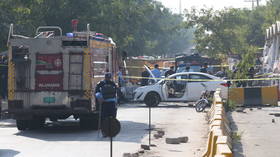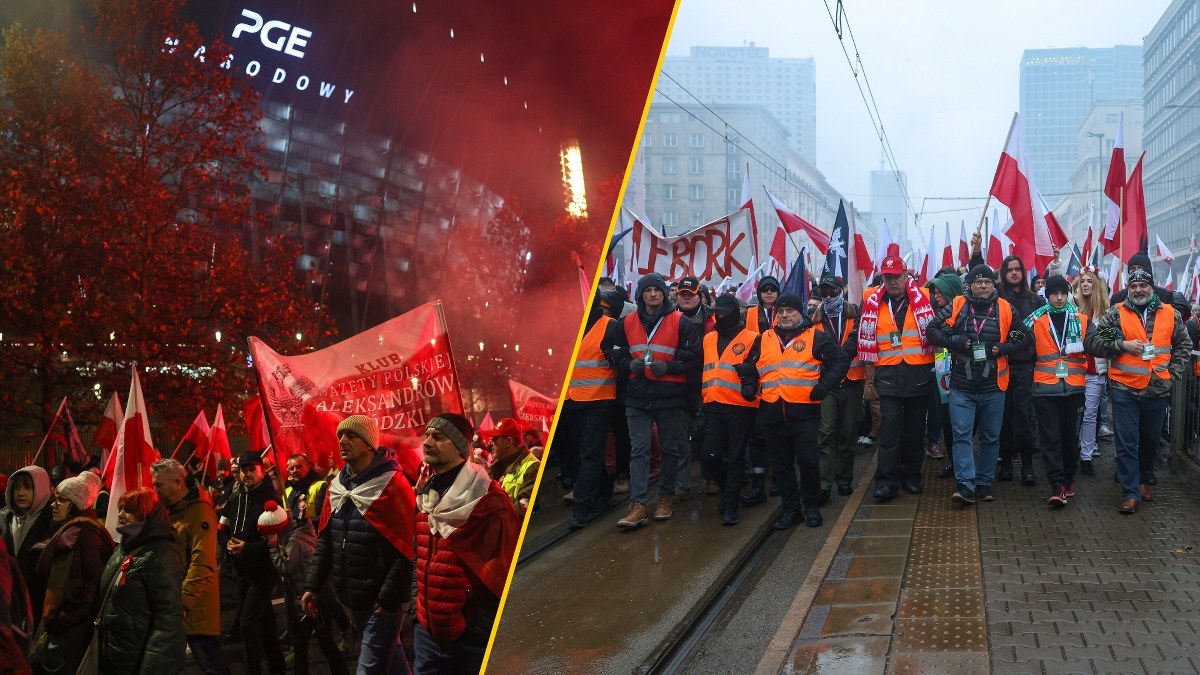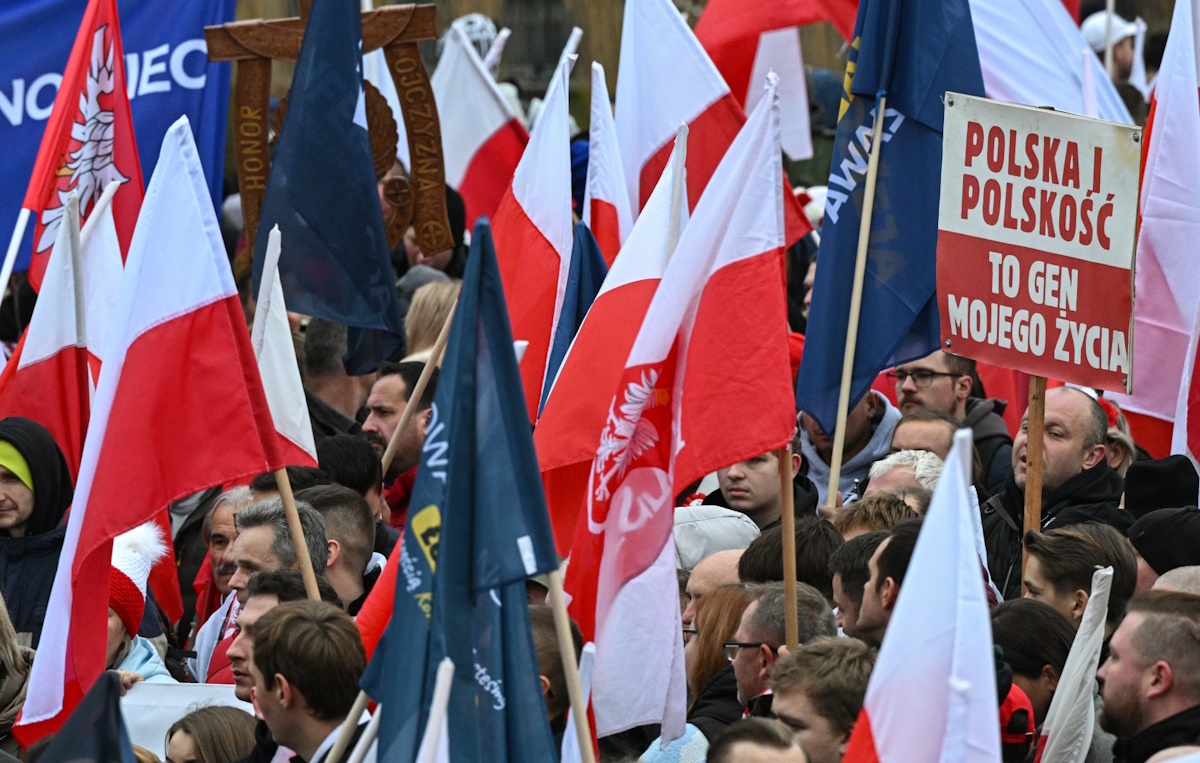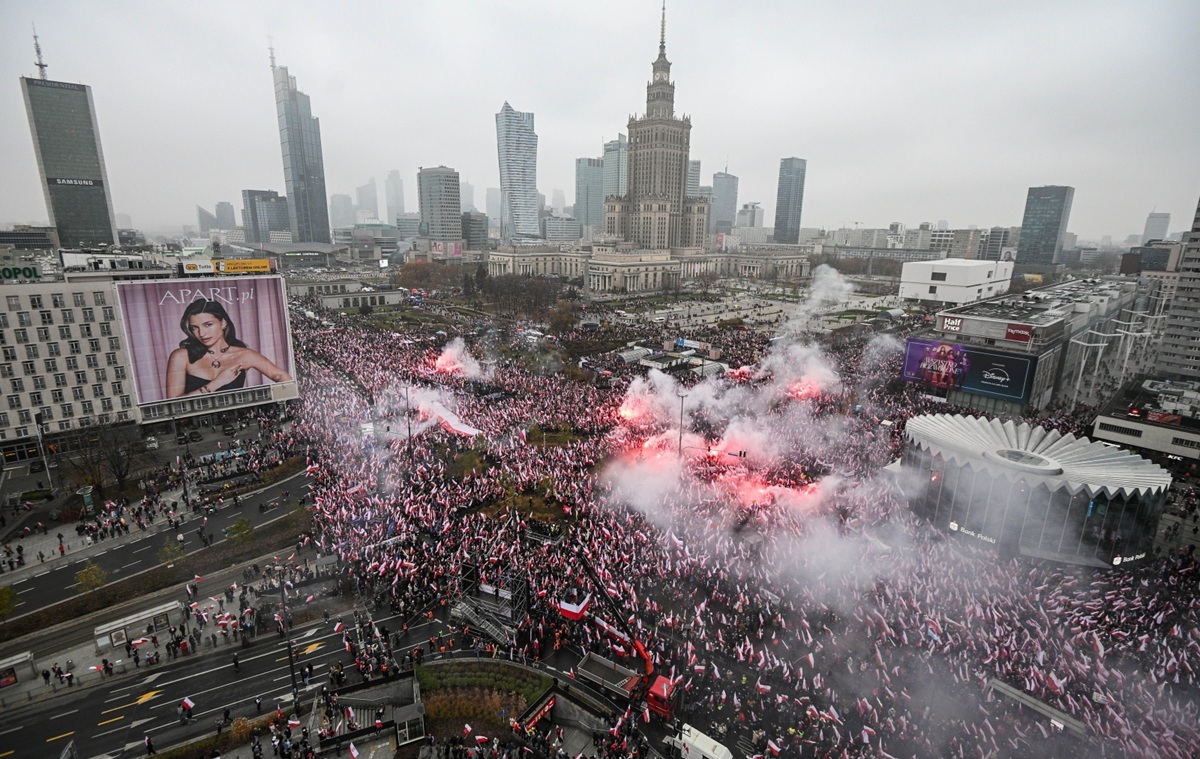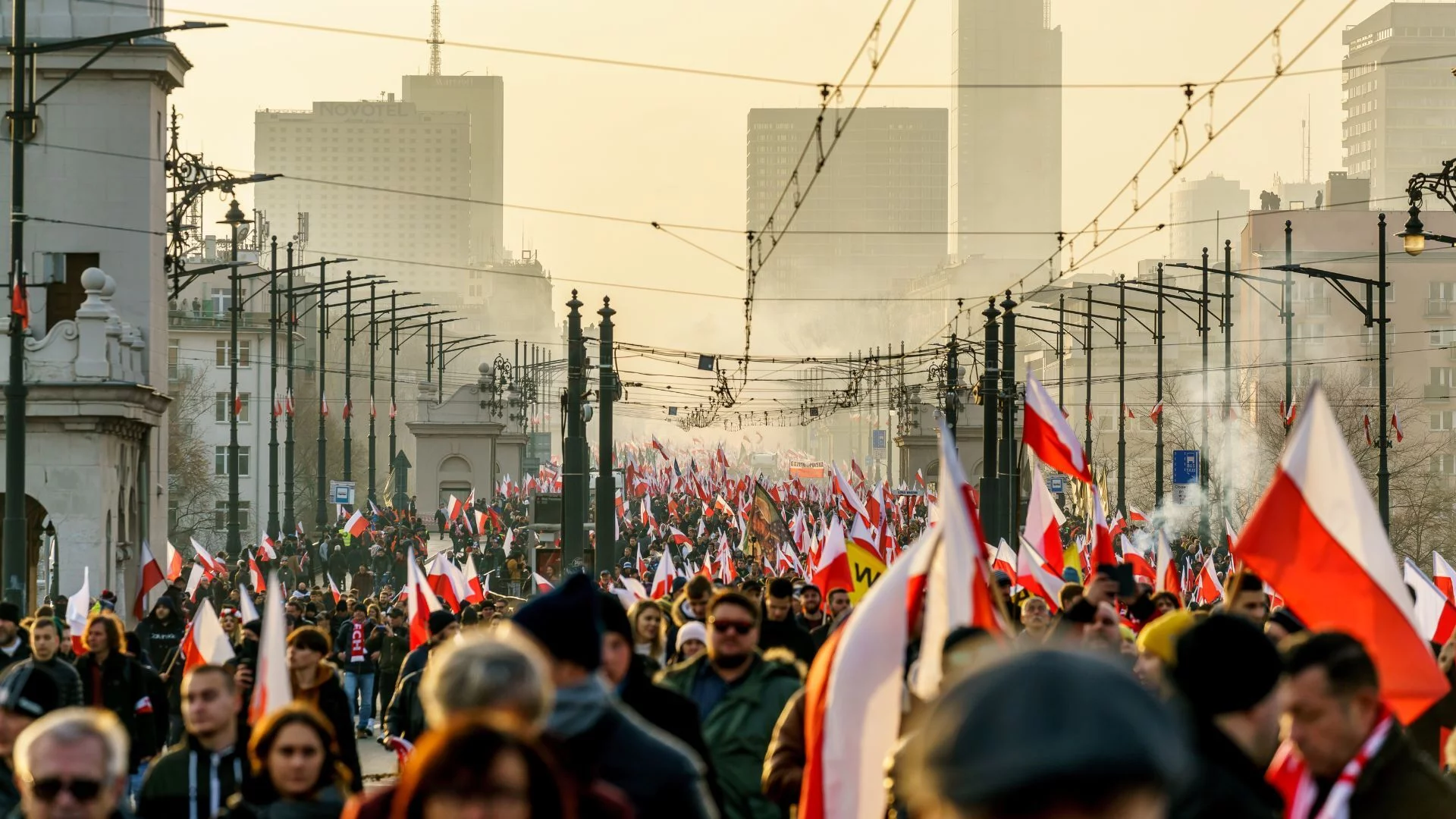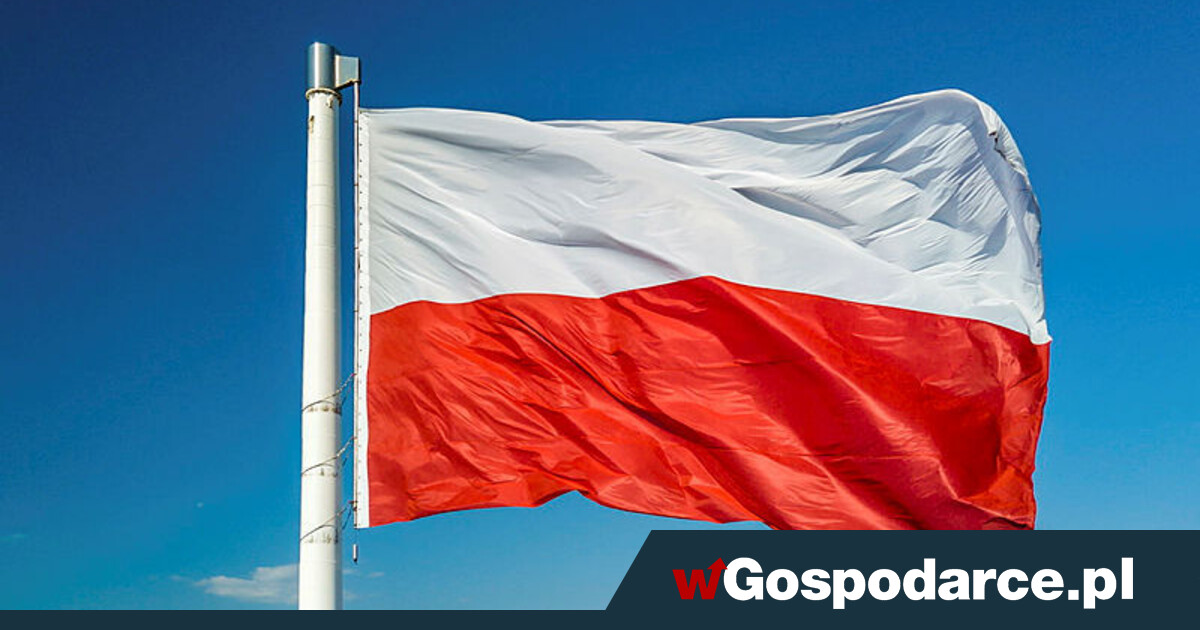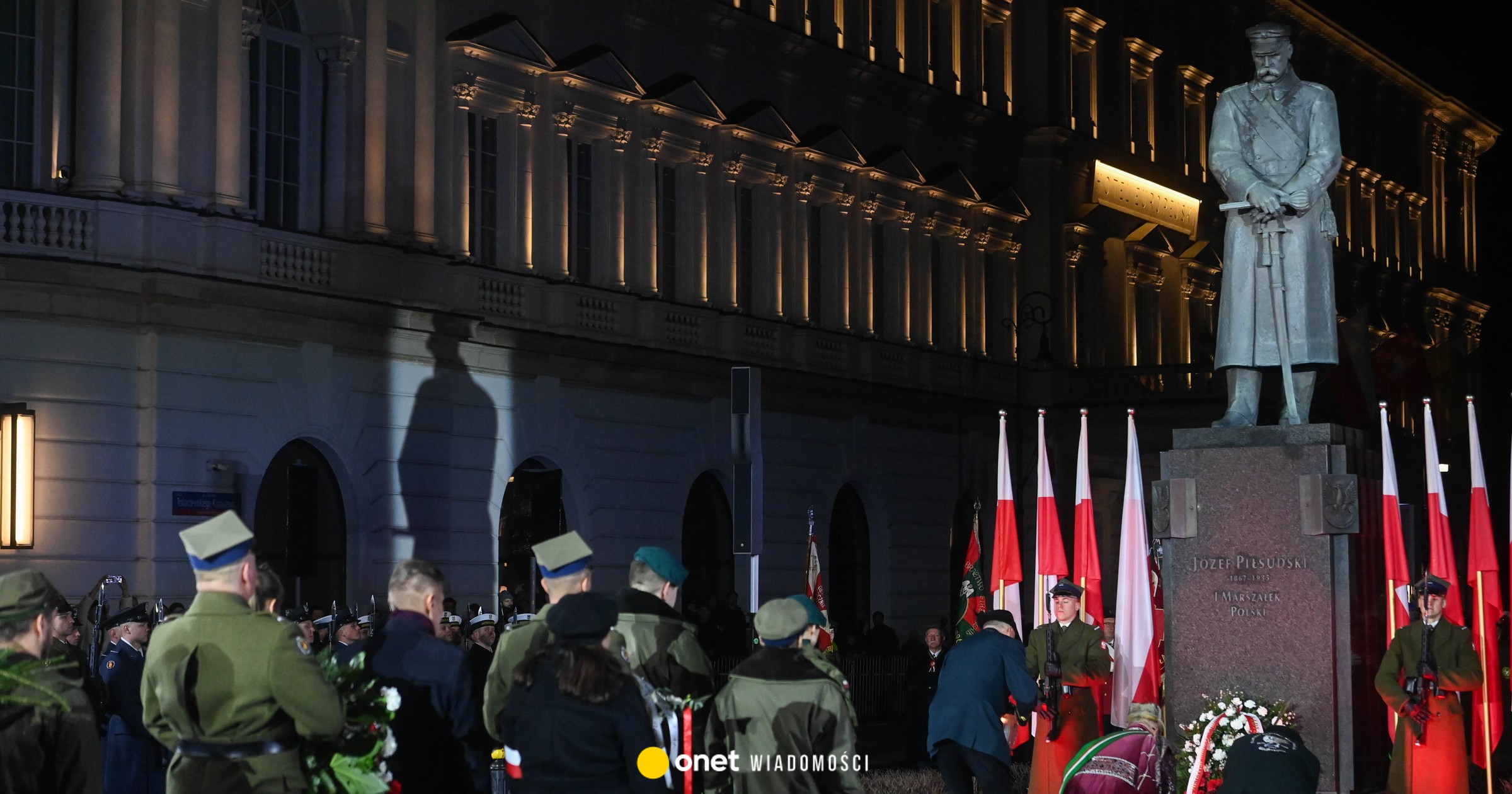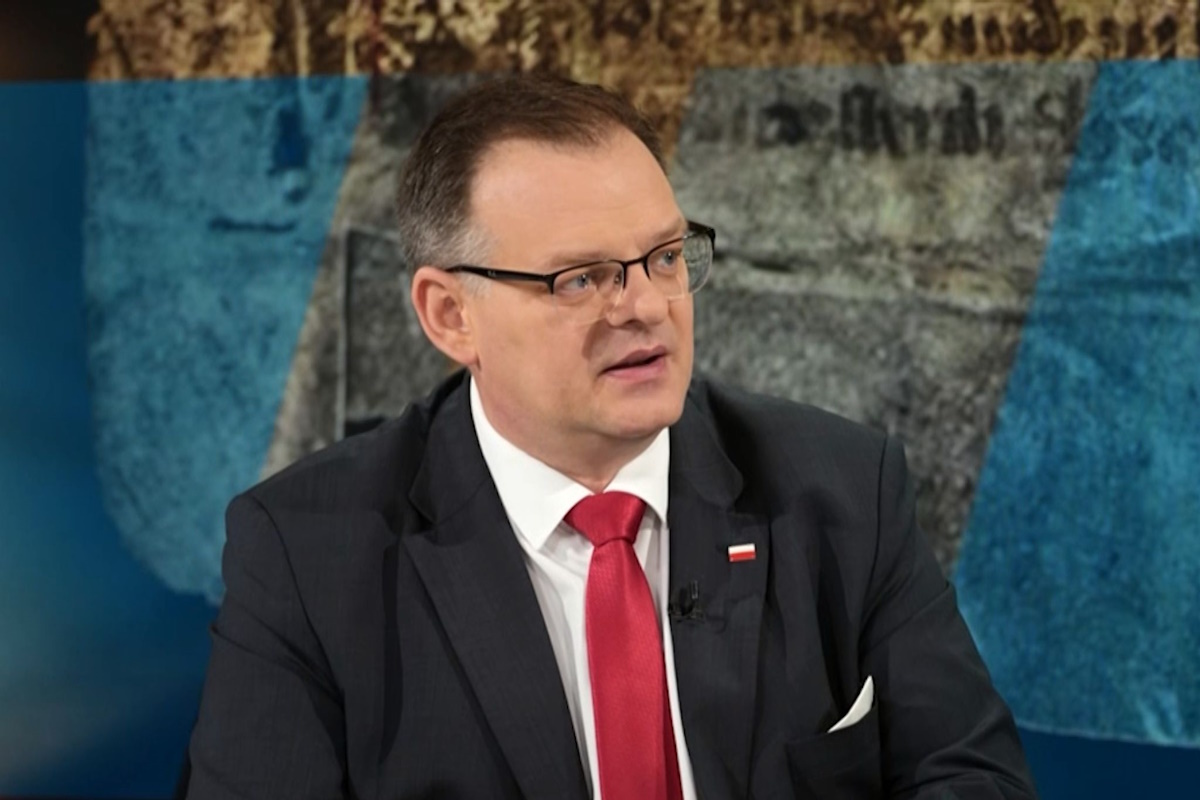Events such as the Olympics require extraordinary security measures. No wonder that in addition to a large group of Polish athletes in Paris, the Polish Armed Forces also have their representatives. They make sure that dangerous incidents do not occur during the Olympic and Paralympic Games.

The most important four-year sporting event is a huge organizational and logistical challenge. It is important also in the question of ensuring security, because thousands of athletes and millions of fans crowded in dozens of arenas must be secure. For that reason, the representatives of the French authorities right before the start of the Paris 2024 XXXIII Summer Olympics informed that in the issue of securing the largest sporting event in the world, they cooperate with 40 countries.
Safe Olympic Games
Among the numerous security forces operating during the Games are also representatives of the Polish Armed Forces. The “Olympus” Polish Military Contingent (PMC) began its mission at the end of June. He is responsible not only for safety during the Olympic Games, but also during the XVII Summer Paralympic Games, which will also take place in the Paris arenas. “The French side requested the support in securing these two events. It is a huge undertaking, which is why the organizers often ask for help from their allies. No country has such forces to be assigned once in four years to one operation. Hence, the appearance of international task forces tasked with providing security in Paris,” explains LtCol Jacek Goryszewski, a spokesman for the Operational Command of the Branches of the Polish Armed Forces.
The main force of the PMC stationed in the capital of France are the soldiers from the 2nd Mazovian Sapper Regiment and the representatives of the Military Police. They are the best of the best, just as the athletes, who are there to compete for Olympic medals.
Well Trained
“We chose from more than 30 soldiers and service dogs trained in the search for explosives. Ultimately, over a dozen of soldiers and eight dogs went to France. They are outstanding specialists who guarantee the performance of tasks at the highest level,” says LtCol Damian Zalewski, Commander of the “Olympus” PMC, and adds: “Our teams already worked at the biggest events. Some secured World Youth Day, gained experience at home and abroad. The criterion of skill and professionalism was the most important for us,” admits LtCol Zalewski.
Selected teams had began preparations for the mission long before they left for the French capital. Their military service routine was interspersed with exercises that were to help team up and work out the schemes needed in everyday work during the Games. “Trainings were mainly about searching for the smells of various explosives in sports facilities of various sizes. Therefore, they took place, among others, at the Legia Warsaw Municipal Stadium, the municipal stadium in Wrocław, but also at the stadium in Nowy Dwór Mazowiecki,” explains LtCol Zalewski. The soldiers also underwent training at the Military Center of Pharmacy and Medical Technology (WOFiTM) in Celestynów.

The experience of Polish soldiers gained in NATO Operation Distinguished Games during the Olympic Games in Athens, exactly 20 years ago, turned out to be invaluable during the preparations. It was their tips that helped their colleagues to learn the specifics of work during this kind of sporting event. “We knew that we were not going there to study, but to perform combat tasks. That is why we did everything to prepare for this mission as best as possible. We were aware that even the smallest mistake can cost a lot, hence the preparations had to be properly planned and multifaceted,” says a junior warrant officer from the Military Police (at the request of the MP, we do not give the names of soldiers serving on the mission), who already worked with his previous dog during the 11th rotation of the Polish Military Contingent in Afghanistan.
International Team
The Poles cooperate on a daily basis with soldiers from several NATO countries, who also sent teams with service dogs to Paris. They carried out their first tasks together in the Olympic village and in places where the most fans gather. “We would check the apartments prepared for athletes. Then, the facilities where they compete, and finally a car fleet that serves everyone, from athletes to VIPs invited to the Games. We would also perform tasks in the heart of the French capital, including at Place de la Concorde, Place de Varsovie and on the banks of the Seine,” noted the junior warrant officer.
In turn, the senior corporal, also from the Military Police, adds: “We perform all tasks in smaller international groups. We usually cooperate with French soldiers with whom we are grouped on a daily basis,” explains a soldier from the 2nd Mazovian Sapper Regiment. Some of the tasks of the Polish contingent were carried out with soldiers from the French Foreign Legion. “They would check the places and nooks and crannies that our dogs pointed out, or those that they could not reach. Interestingly, we met several Poles who chose the service in the French Foreign Legion,” says LtCol Damian Zalewski.
Specificity of Service
The Polish Military Contingent came to France with service dogs, mainly Belgian shepherds, which can detect explosives. The specificity of their work means that everyday tasks must be adapted to many factors, even the weather. “Each guide knows best what a particular dog is capable of. In our case, we will work differently in the shade, at a temperature of 20°C and in windy weather, and differently in a windless space at a temperature of 35°C, in full sunshine. That’s why we dose the work properly. We often work in half-hour rounds and take a break. However, there are five to six dogs in the team, so when some take a rest, the other operate,” explains the junior warrant officer.

However, before the Polish soldiers began operating, their four-legged companions needed to acclimatize. “We could not immediately start to perform the tasks. Our dogs had to get used to the conditions in France, get used to the specifics of the climate and its smells. It was necessary for them in order to work properly later. For that reason, we had the training on the spot to make them familiar with the place where they would spend the next weeks,” explains the Military Police soldier.
100 Meters like 10 Kilometers
Since the beginning of the mission, the Polish Military Contingent has been stationed at the Saint-Germain-en-Laye military base. Here, the soldiers spend time with their protégés on a daily basis. “Our dogs perform a lot of tasks every day, so they must have a suitable place to rest. They are provided with round-the-clock veterinary complete care,” describes the senior corporal. The soldiers admit that the Olympic mission is hard for the four-legged. It is not about weather conditions, because these are similar to those in Poland. “The tasks themselves are tiring. Often the dog who searched a 100-meter apartment is so tired, as if it had run at least 10 km, and it has to search many such apartments throughout a day. The dogs feel very tired after their hard day of work, which you can easily observe after their service. They only sleep in their playpens and have no desire to play at all,” says the junior warrant officer. The soldiers emphasize that the specificity of their activities makes them remain on duty 24 hours a day. “We work in shifts, sometimes start in the morning, sometimes in the afternoon, and until late evening hours. In general, however, we devote half of the time to combat operations, and the rest to care about our dogs,” explains LtCol Damian Zalewski. The commander of the “Olympus” Polish Military Contingent also admits that soldiers appropriately dose daily tasks to their dogs. “Every soldier knows his dog best and knows what will be most appropriate for it at a given moment. It is he who decides whether a longer rest is needed, whether the dog can take up service and whether it is capable of completing the tasks in the right way,” explains LtCol Zalewski.
Soldiers do not forget about Polish athletes. They admit that after their service, they turn into fans and keep their fingers crossed for the Polish athletes. “We make sure all athletes are safe, but of course we support Poles. Because of our activities, we do not have many opportunities to personally support our athletes, but we are happy with every success. However, we are particularly happy with the good results of our soldier athletes in Polish Olympic team,” emphasize the members of the “Olympus” Polish Military Contingent.

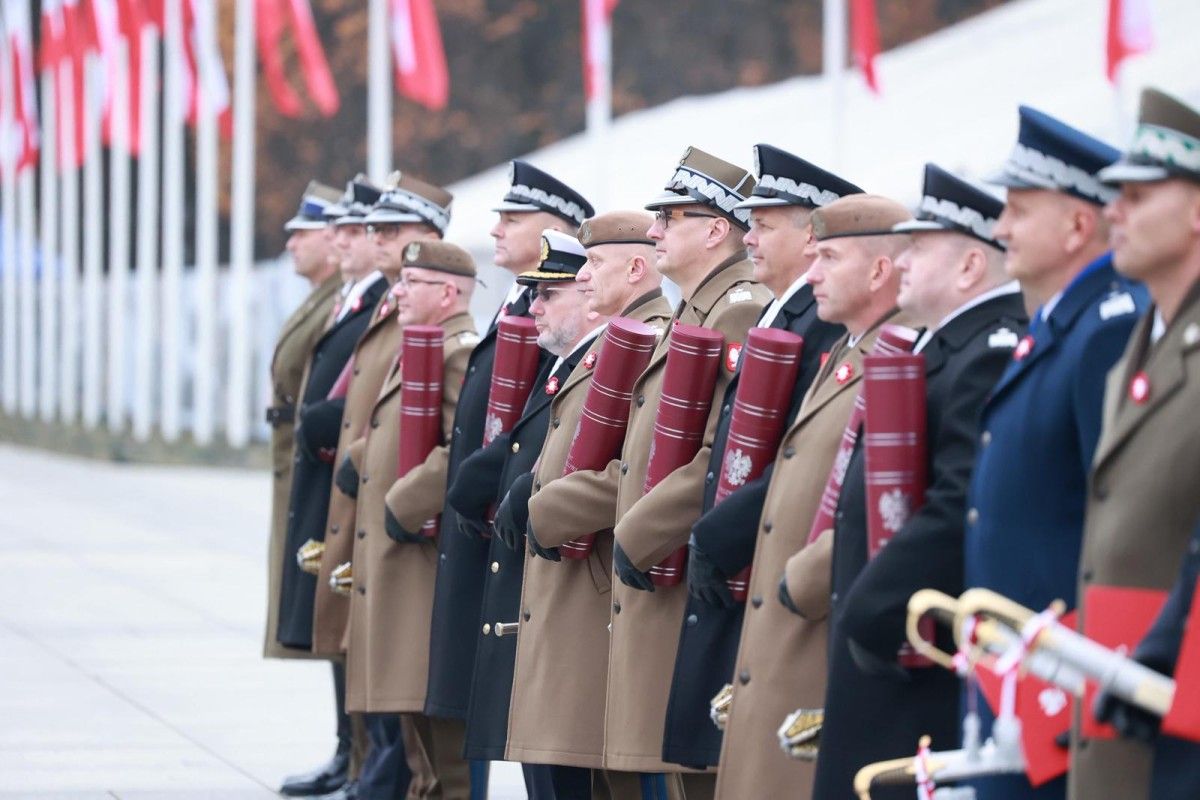
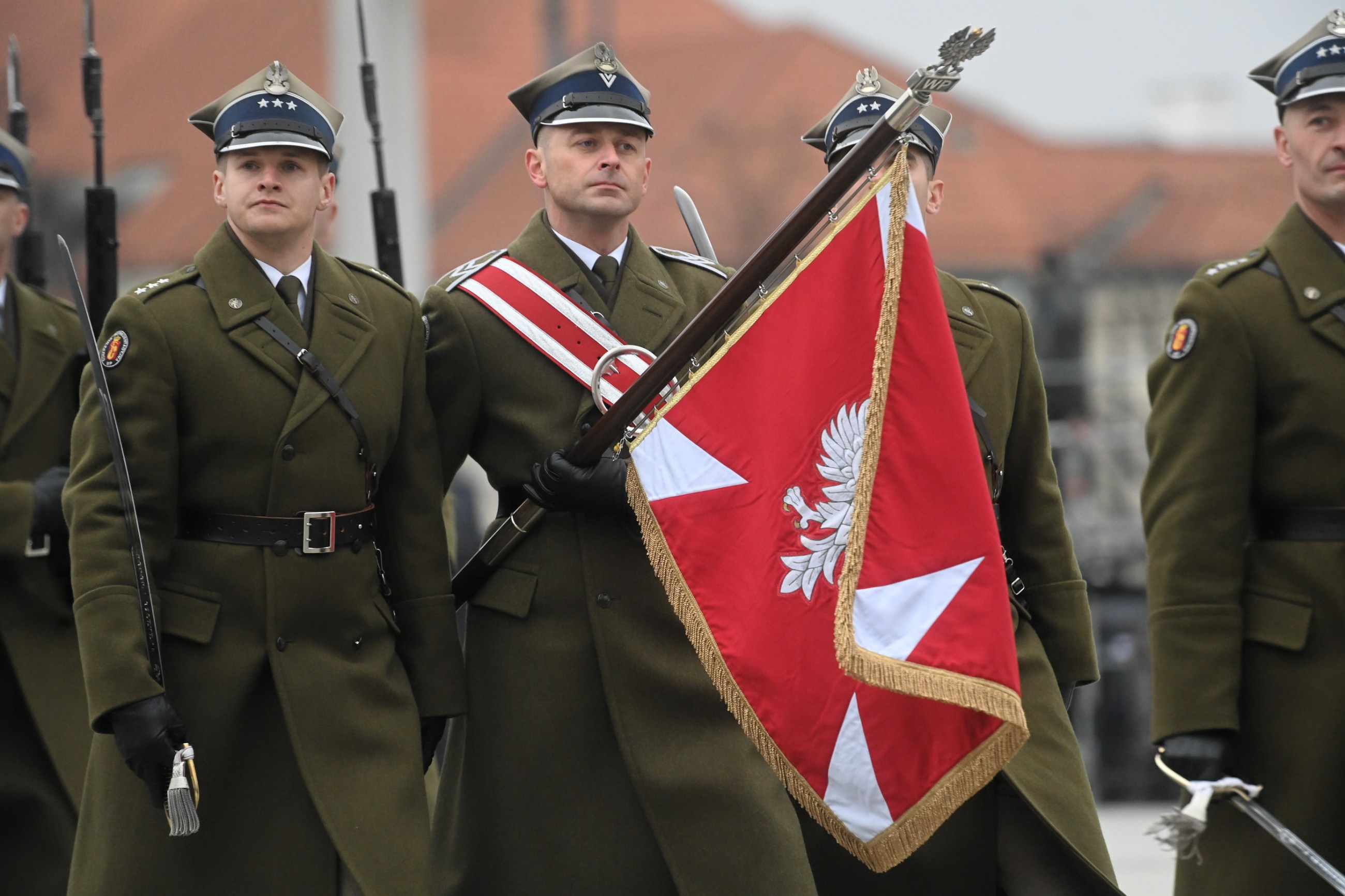
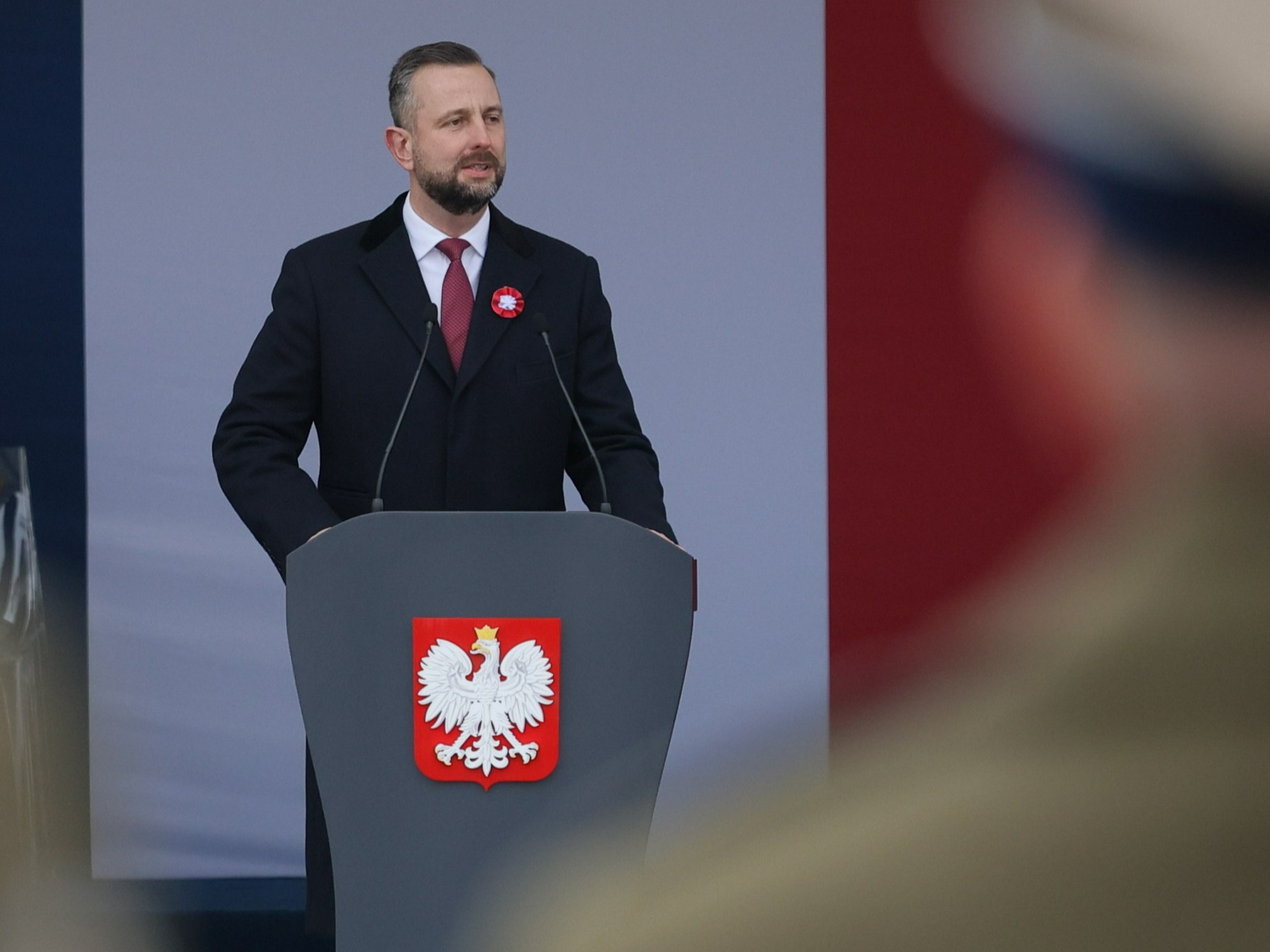
![Rosyjski test gotowości. "Wojsko Polskie i NATO zdały egzamin" [WYWIAD]](https://cdn.defence24.pl/2025/11/10/1200xpx/xV4hcYIf7KpQtsXZjOLkoQkWlo0kaUHBM6RUjSBZ.xgit.jpg)
